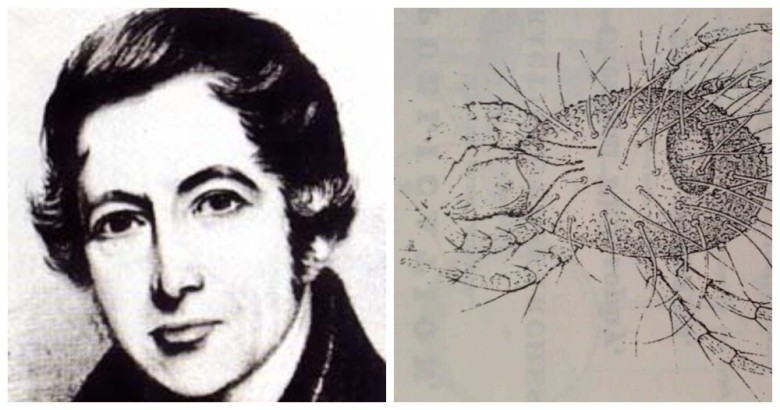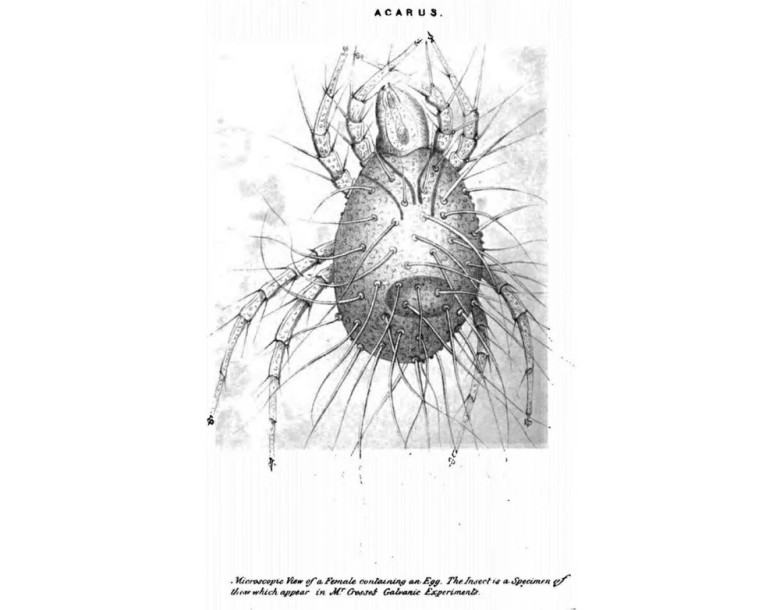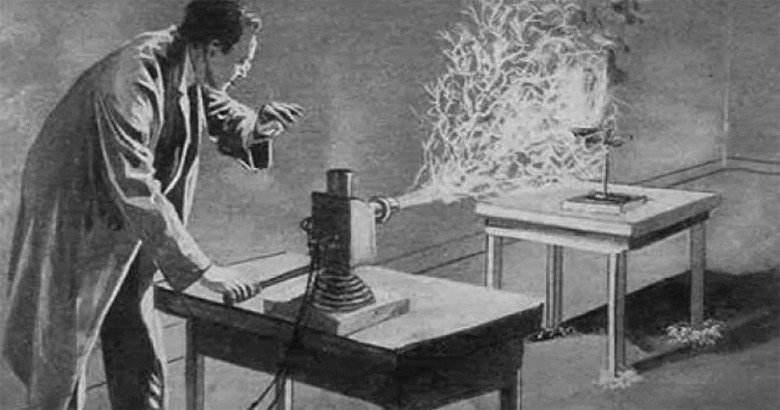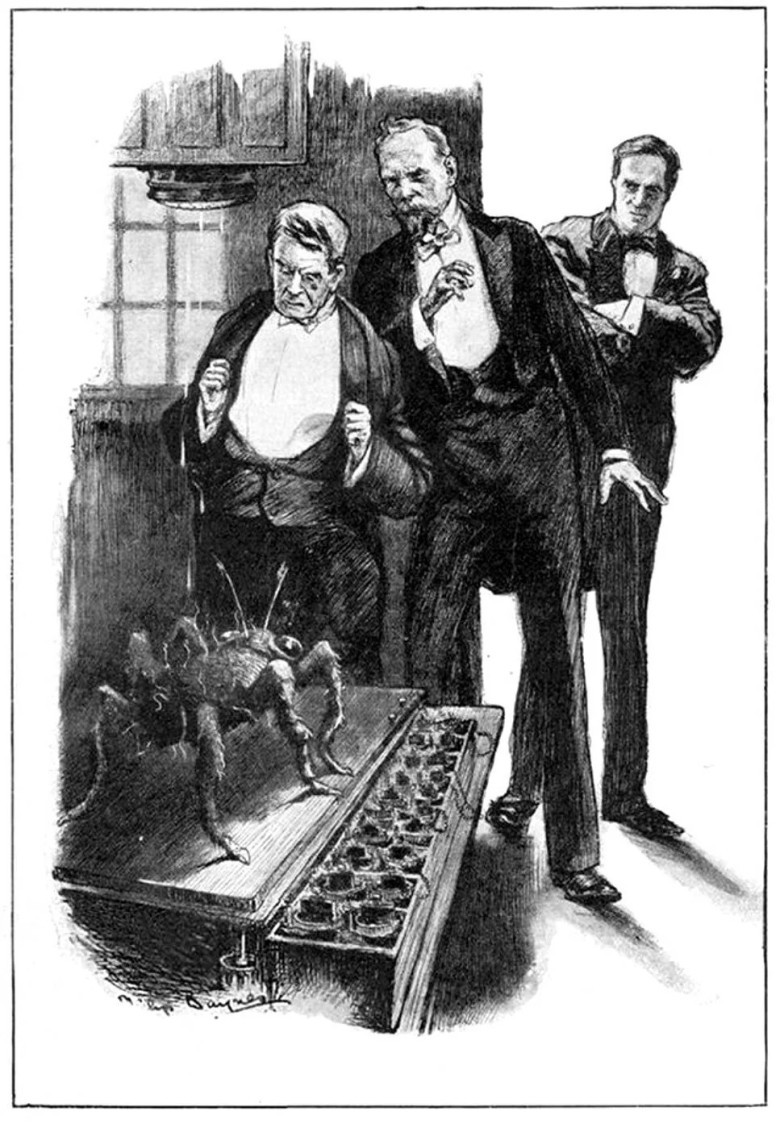The Enigmatic Legacy of Andrew Cross: Unraveling the Curious Tale of the Creator of Life
In the annals of scientific history, the name Andrew Cross stands out as a figure shrouded in mystery and controversy. Born in 1784 and passing away in 1855, Cross was a British amateur scientist whose experiments with electricity captivated the imagination of those around him.

With the financial means to pursue his scientific interests, he established a cutting-edge laboratory within his English country estate, delving deep into the realm of electricity and its potential applications.
An Unorthodox Pursuit
Cross's foray into electricity took a peculiar turn in 1837 when he embarked on an experiment that would eventually become the stuff of legend. Intrigued by the idea of growing crystals using a feeble electric current, he decided to put his theory to the test. Armed with lava stone—a material revered for its association with the four elements of nature: water, fire, earth, and air—Cross concocted a special chemical mixture and waited with bated breath for the results.

Days turned into weeks, and his patience wore thin as no crystalline structures appeared to validate his hypothesis. However, on the twenty-eighth day, a startling revelation awaited him—instead of the anticipated crystals, the liquid in his experiment teemed with a myriad of tiny insects resembling ticks or fleas.
The Emergence of Life
Baffled by this unexpected development, Cross speculated that the presence of these insects might be attributed to microscopic eggs contaminating the stone or liquid used in his experiment. It was surmised that the application of electrical stimulation triggered the hatching process. Yet, what confounded him further was the conspicuous absence of both eggs and shells post the emergence of the adult insects. Identical liquid samples devoid of insects or eggs further deepened the mystery.

Intrigued and driven by an insatiable curiosity, Cross replicated the experiment in sealed containers, only to yield the same outcome. Subsequent trials using noxious liquids hostile to life still resulted in the appearance of these diminutive insects. It appeared as though life itself was being birthed from inert matter, a handful of chemicals, and the gentle hum of electricity.
A Tempest of Controversy
Eager to unravel the implications of his unprecedented findings, Cross turned to the London Electrical Society for insights. However, the explosive nature of his discoveries soon thrust him into a whirlwind of notoriety and condemnation. Mere whispers and rumors swiftly evolved into sensational headlines, christening the enigmatic insects as Acarus Crossii and branding Cross as a pariah—a heretic who dared to emulate the divine act of creation.

The public's reaction was swift and merciless. Accusations of blasphemy and sacrilege echoed through the streets, with irate individuals descending upon his abode to denounce his work and vandalize his property. Some even attempted exorcisms in a bid to rid his home of perceived demonic influences. Despite his genuine bewilderment and attempts at clarification, Cross found himself a cautionary tale—a recluse hounded by the very society he sought to enlighten.
A Legacy Shrouded in Mystery
Ultimately, Andrew Cross succumbed to the relentless onslaught of public scrutiny and ostracization, passing away in 1855 with the true significance of his discoveries eluding him till the end. Unanswered questions lingered in the air, and the once-prominent scientist faded into obscurity, his name intertwined with intrigue and controversy.

To this day, the case of Acarus Crossii and the inexplicable occurrences within his laboratory remains an unsolved enigma. No subsequent researcher dared to tread the path laid by Cross, leaving his legacy and the mystery of life's emergence from his humble English laboratory shrouded in ambiguity—a testament to the enduring allure of the unknown.


























Comments
0 comment